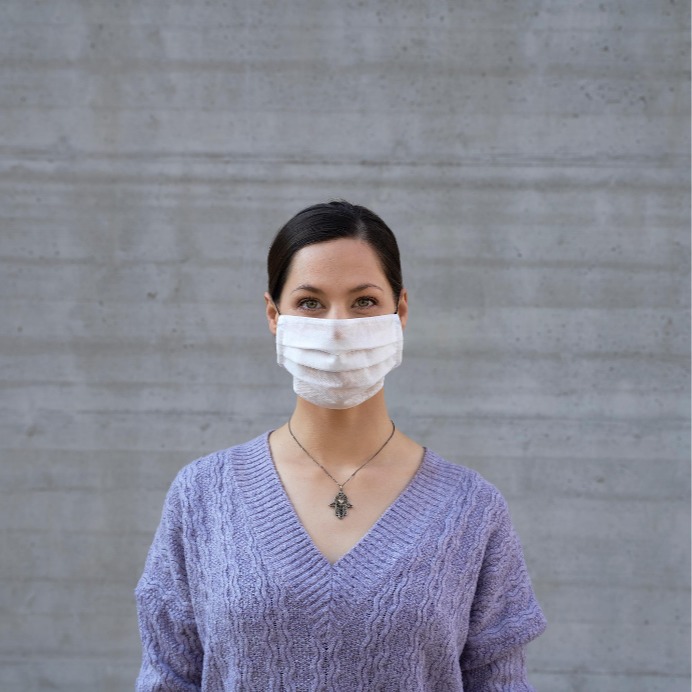By continuing to use our site, you consent to the processing of cookies, user data (location information, type and version of the OS, the type and version of the browser, the type of device and the resolution of its screen, the source of where the user came from, from which site or for what advertisement, language OS and Browser, which pages are opened and to which buttons the user presses, ip-address) for the purpose of site functioning, retargeting and statistical surveys and reviews. If you do not want your data to be processed, please leave the site.
The Voice of People With Breast Cancer
Education
Our Voices Blog
Tag : treatments
Q&E Sessions: A Surgical Oncologist Answers Your Questions About Breast Cancer Clinical Trials
In today’s post, we provide the questions that were sent in and asked during the live session of our Questions and Experts session held on October 3, 2023. In this session, Surgical Oncologist Dr. Mark Basik answers your questions about clinical trials. In the parentheses, you’ll find the timestamp of where to find the question in the on-demand video.
Breast Cancer Research Highlights from the ESMO Congress 2023
The European Society of Medical Oncology held their annual congress in Madrid, Spain from October 20-24, 2023. Members of the CBCN team had the opportunity to attend and learn about the latest research to be announced for breast cancer. Here are some of those highlights.
Do You Feel Invisible?
A few years ago, a friend shared a story about the first trimester of her pregnancy. She was thrilled to be pregnant, but at the time, kept her pregnancy under wraps as she hadn’t passed the three-month safety zone. She was also sick as a dog, overwhelmed with intense nausea and fatigue, that heightened during her twice-daily, 25-minute subway commute to and from work. Despite looking green-ish, sweaty, unstable on her feet and gripping whatever pole or hand railing was available, not once in 90 days did anyone sitting on the subway offer my friend their seat. She’d felt invisible.
Research Highlights from the 2020 San Antonio Breast Cancer Symposium
The San Antonio Breast Cancer Symposium is the annual breast cancer conference that brings together researchers, clinicians, patients and manufacturers from all over the world to discuss the latest breast cancer research. While the 2020 symposium was held virtually, there was still an incredible amount of new research shared.
Is It Safe To Go For Cancer Treatments During the COVID-19 Pandemic?
The COVID-19 pandemic has been particularly concerning and challenging for many cancer patients and their families. As you’ve most likely heard by now, cancer patients and survivors may be at higher risk of complications from COVID-19 because cancer and cancer treatments can contribute to weakened immune systems. This has left many patients with questions on how best to navigate their cancer care, including whether it is safe to continue their treatment, will their health care be de-prioritized by the healthcare system and how they can reduce their risk of contracting the virus.
Updates from the 2019 San Antonio Breast Cancer Symposium
Every year scientists, clinicians and patients from across the world gather to present and discuss the latest breast cancer research at the San Antonio Breast Cancer Symposium. We’ve gathered some highlights from 2019 conference:
Biosimilars: Clinical perspective
We are all familiar with generics. The exact copy of the known chemical formula used in the original medicine is what constitutes the generic form of any medicine. There are multiple reasons why generics are able to be mass produced at a lower cost. An important step includes manufacturers of generics having to provide proof that their version is an exact copy of the chemical formula of the original medicine and that when used in healthy individuals, the metabolism remains very similar to the original compound. This shortened pathway of getting approved from Health Canada or a similar regulatory agency ensures less economic burden to manufacturers and provides the obvious advantage of a significantly lower price, as well as improved accessibility for patients.










